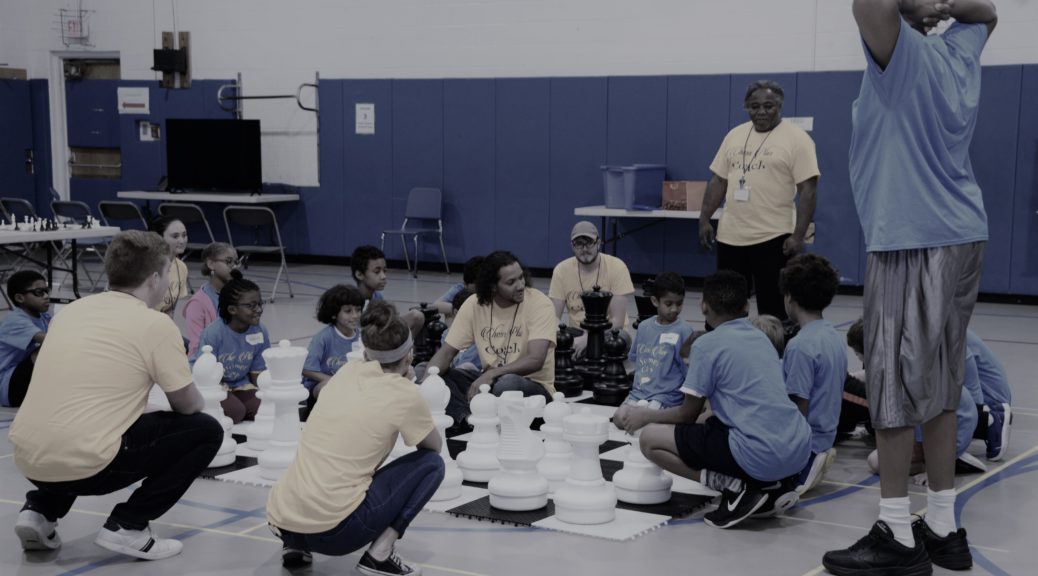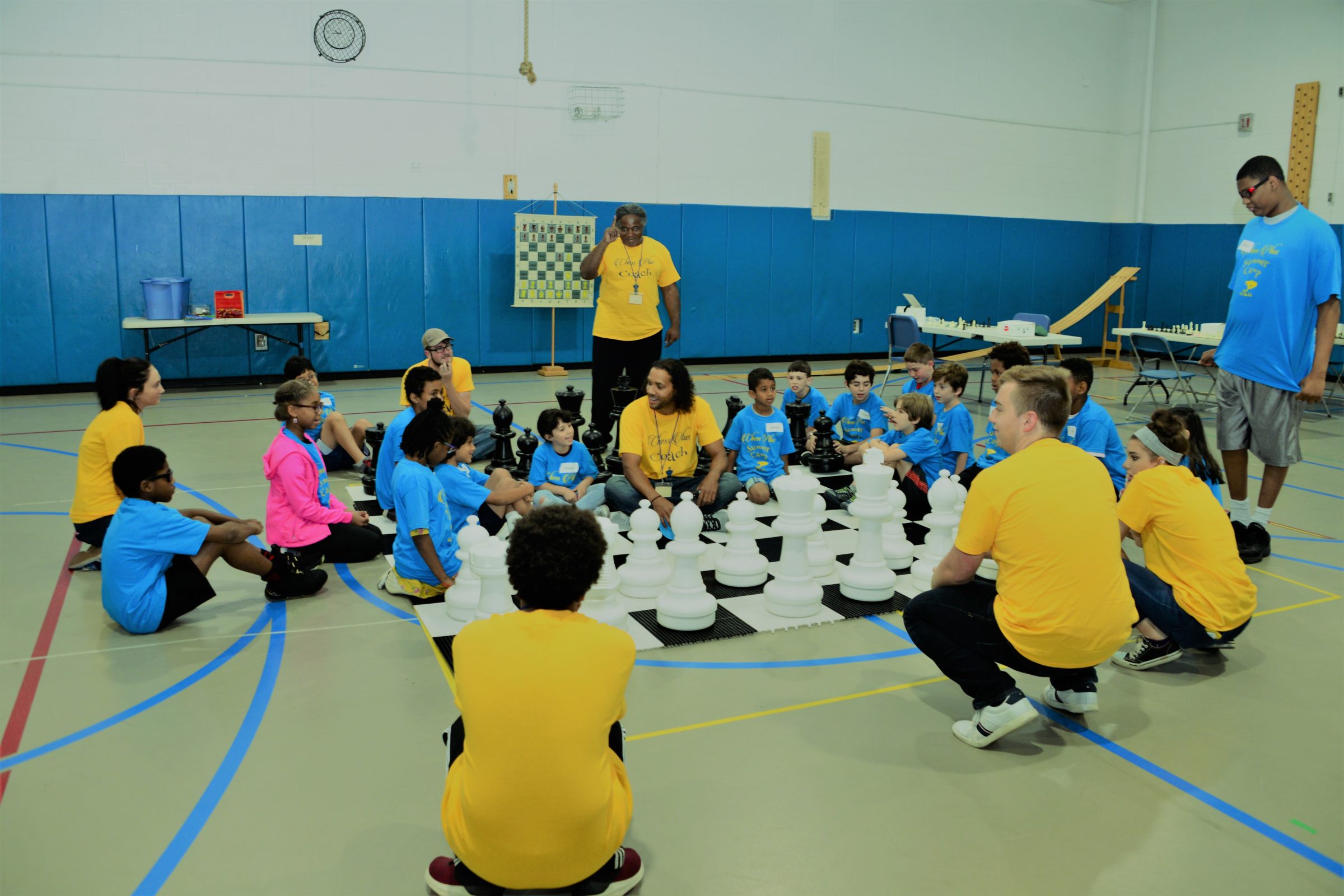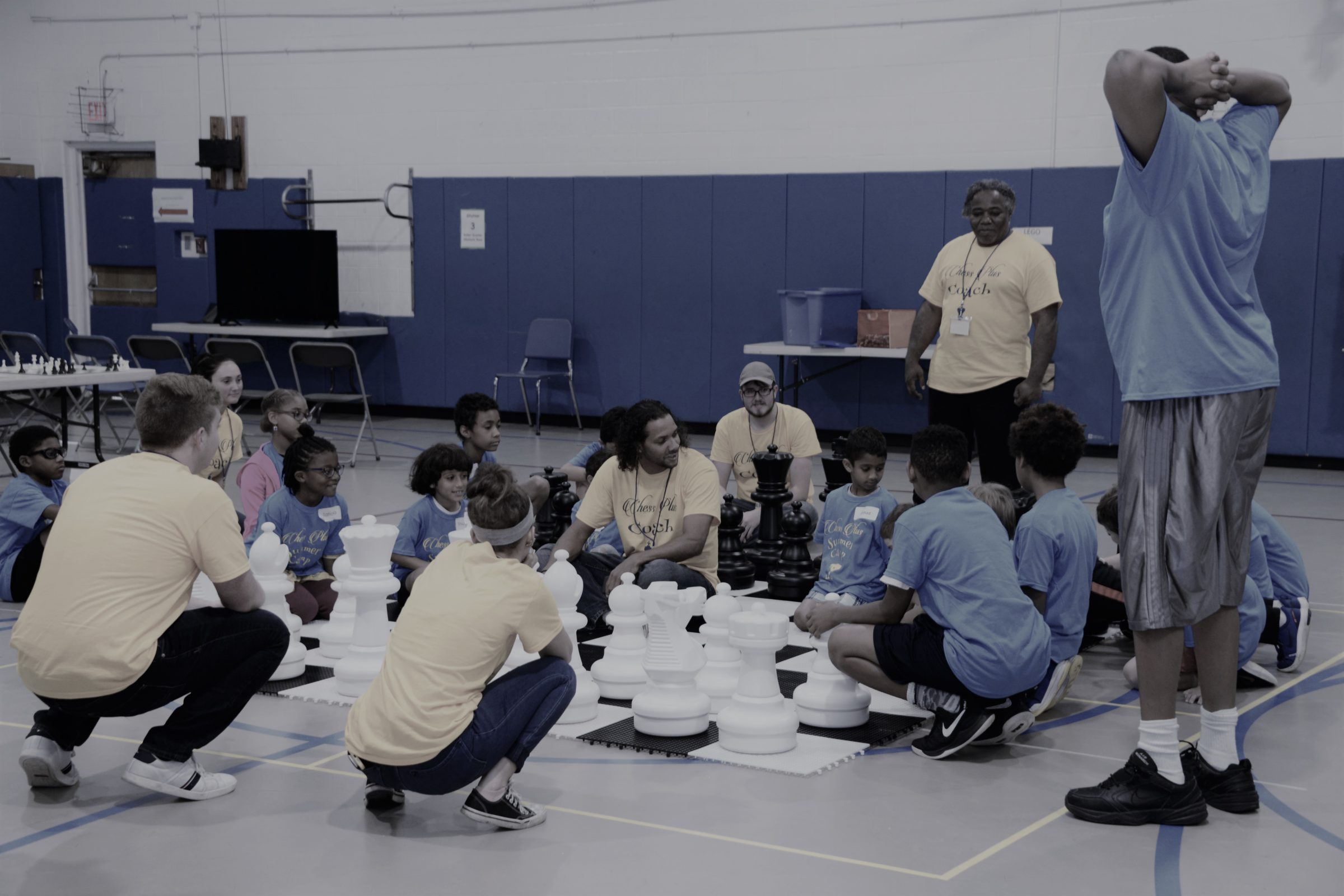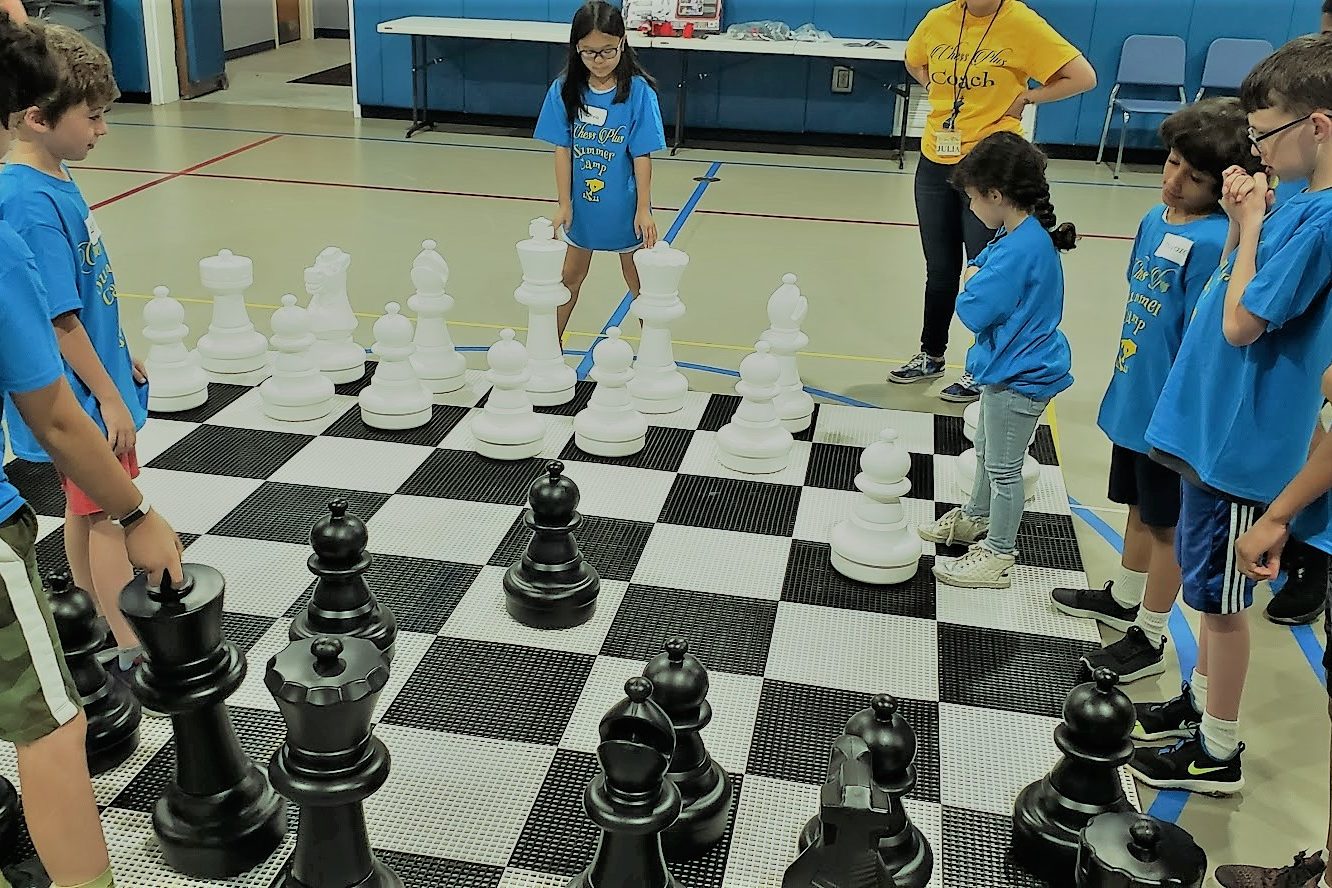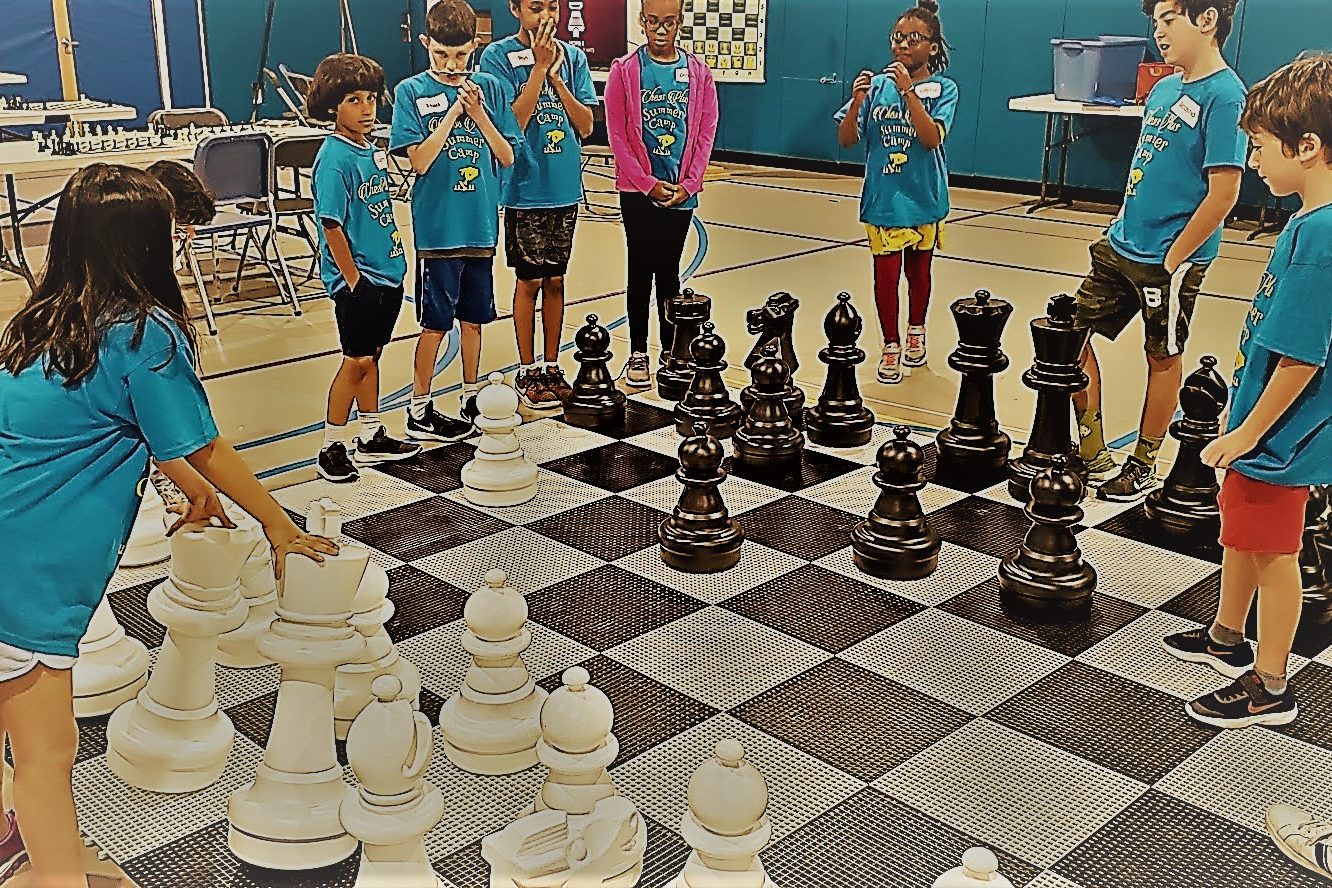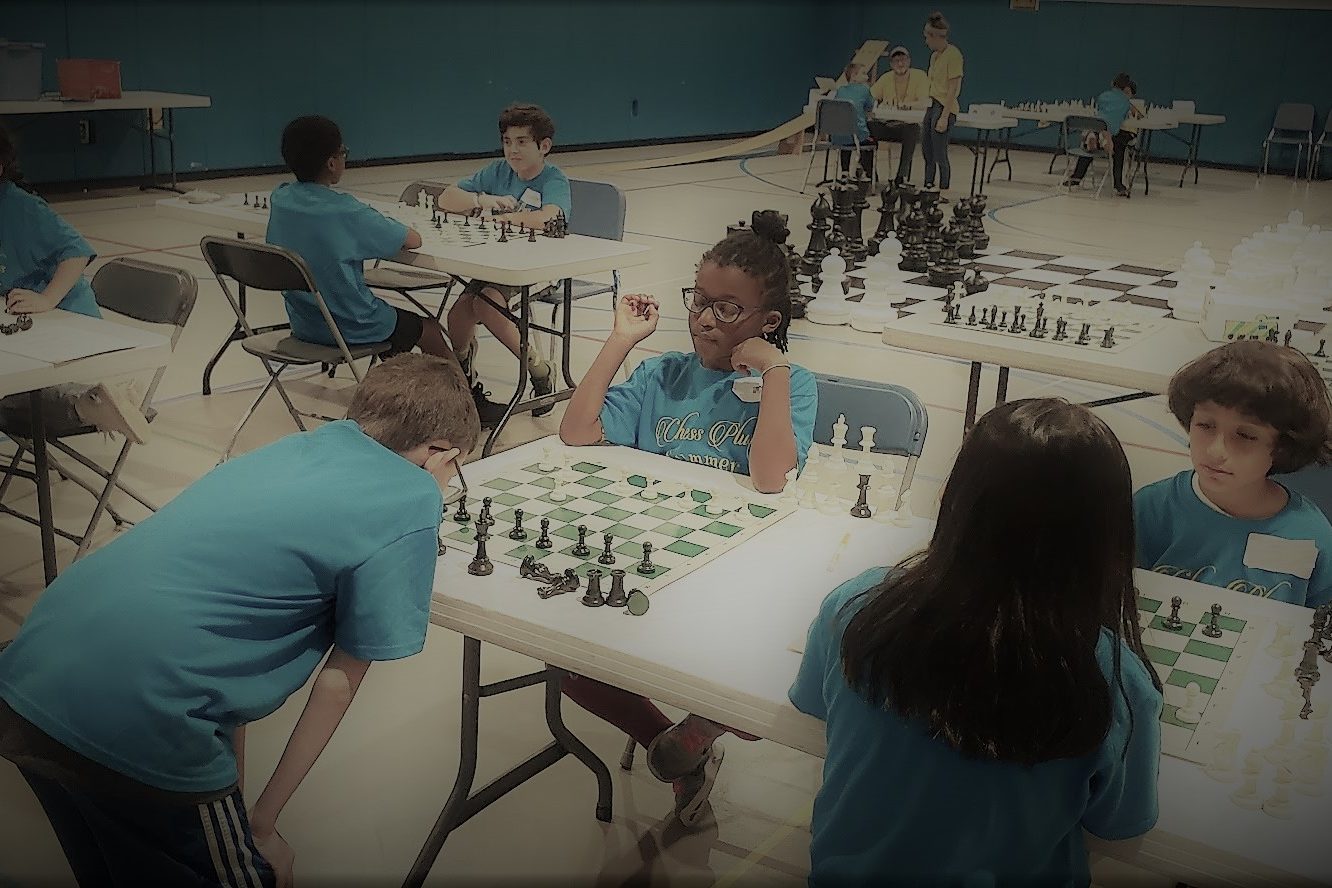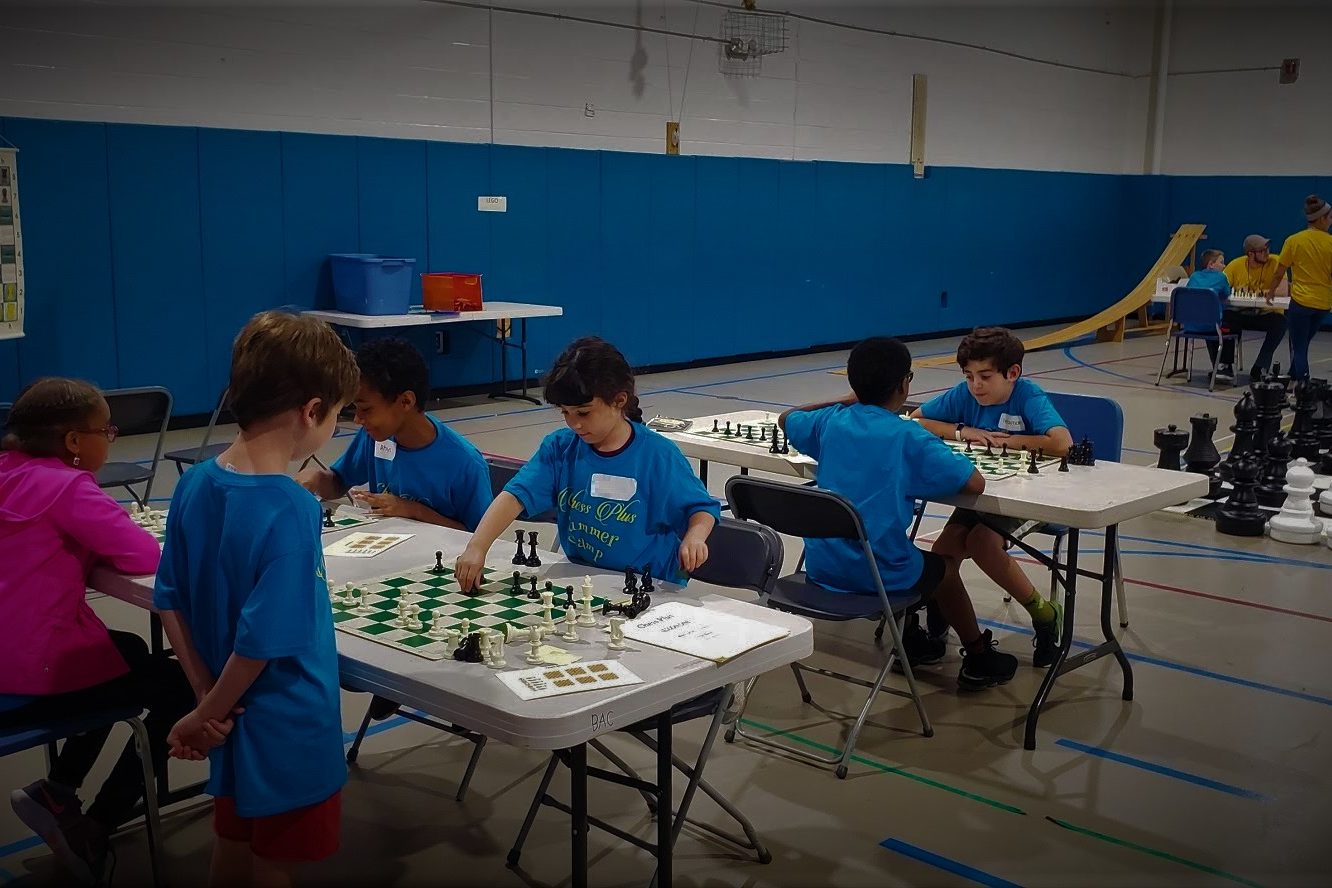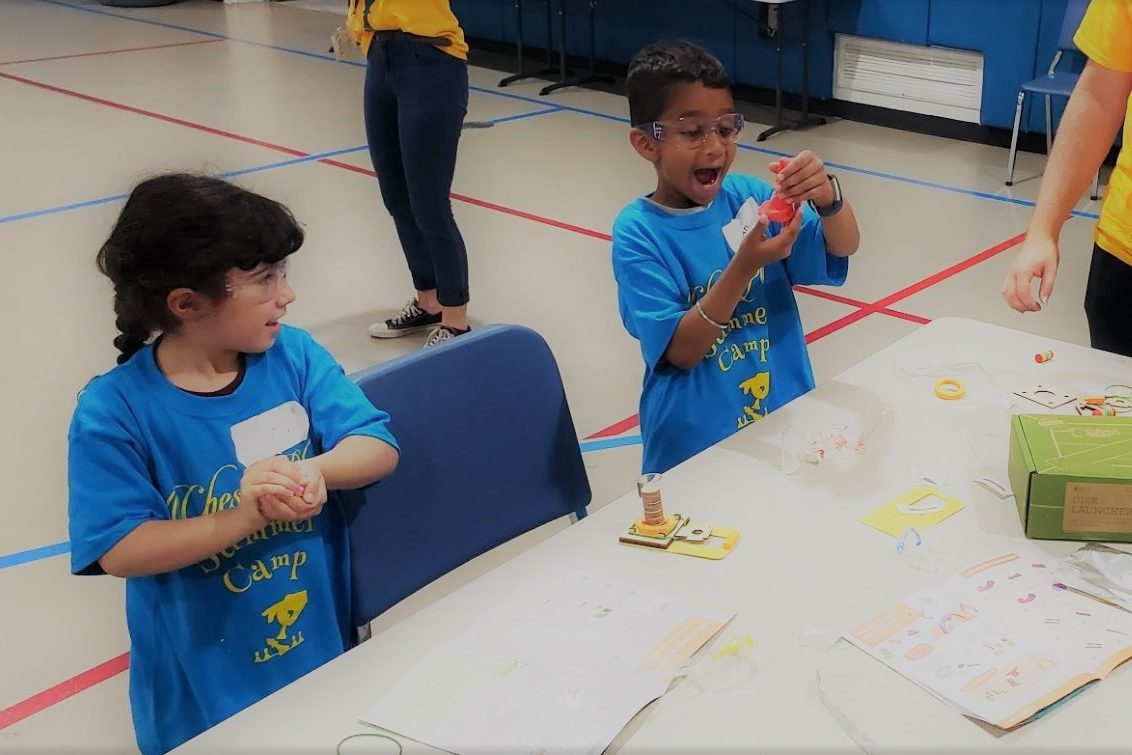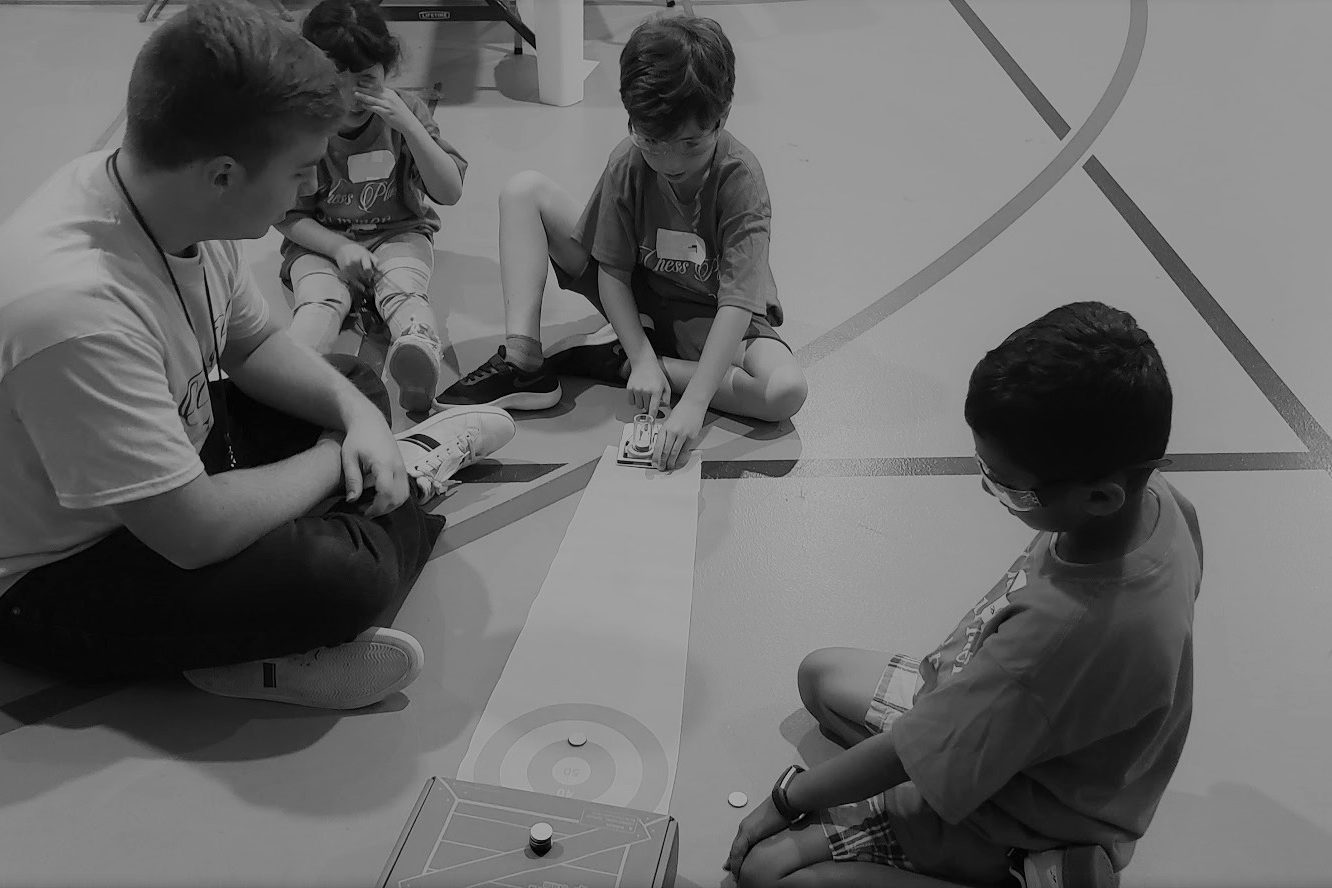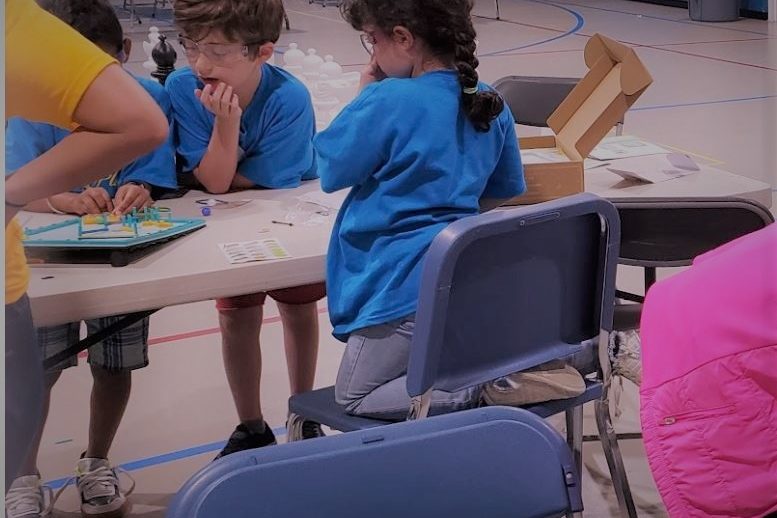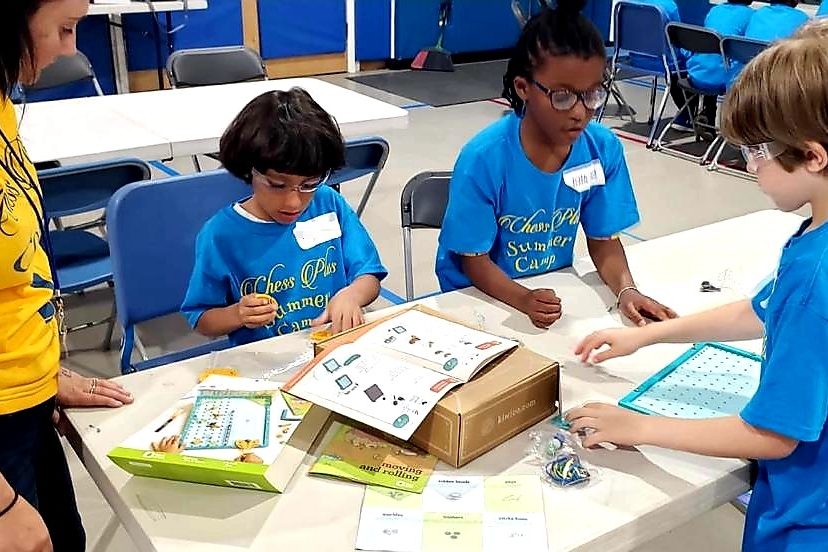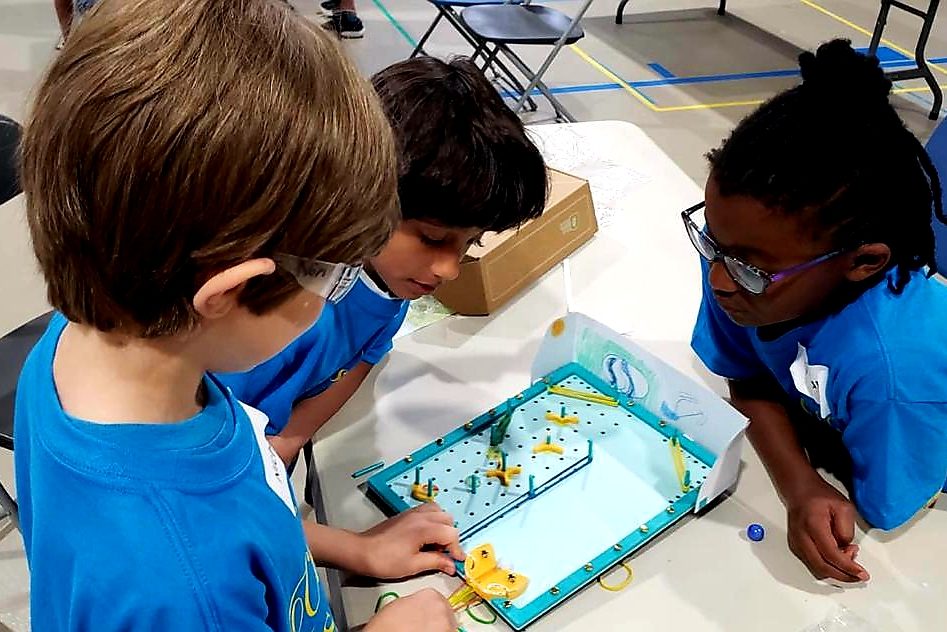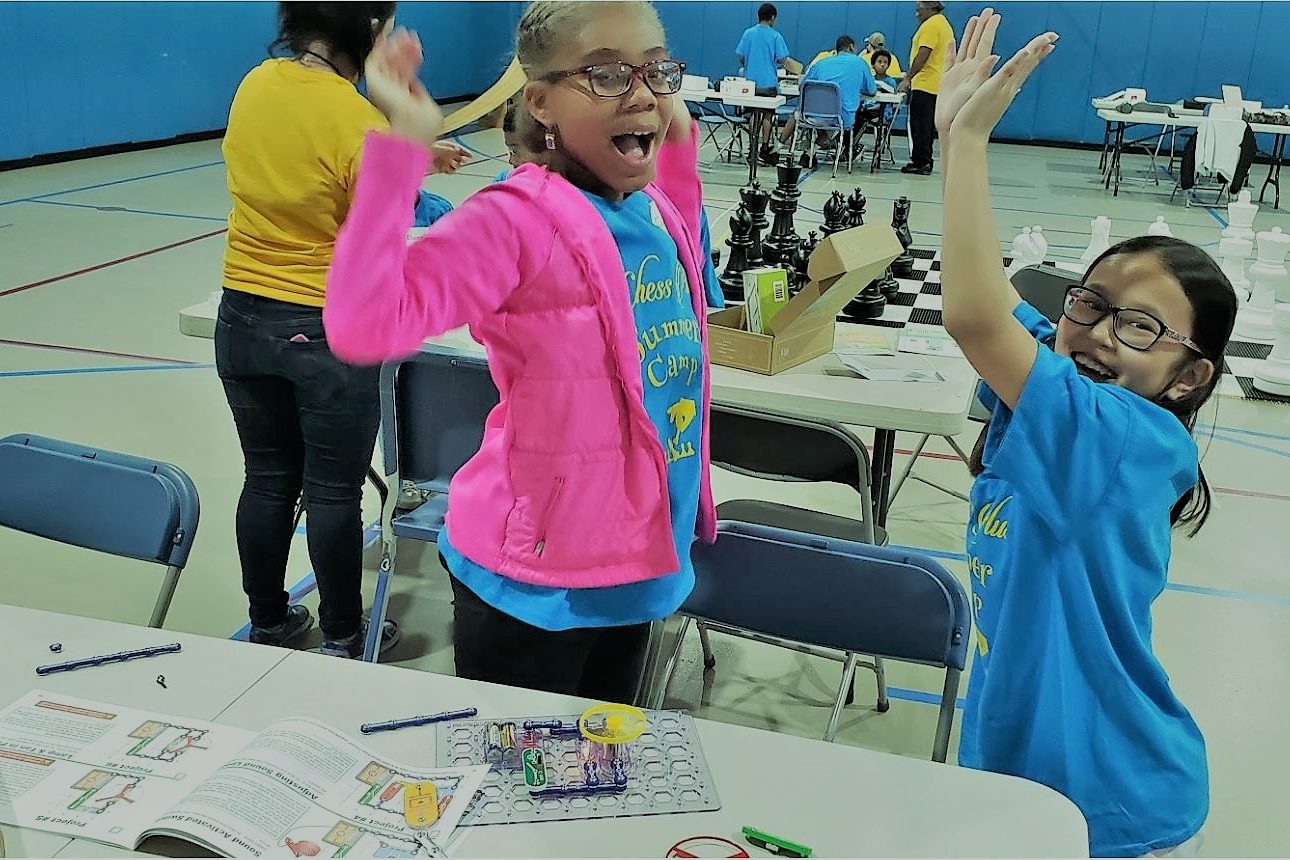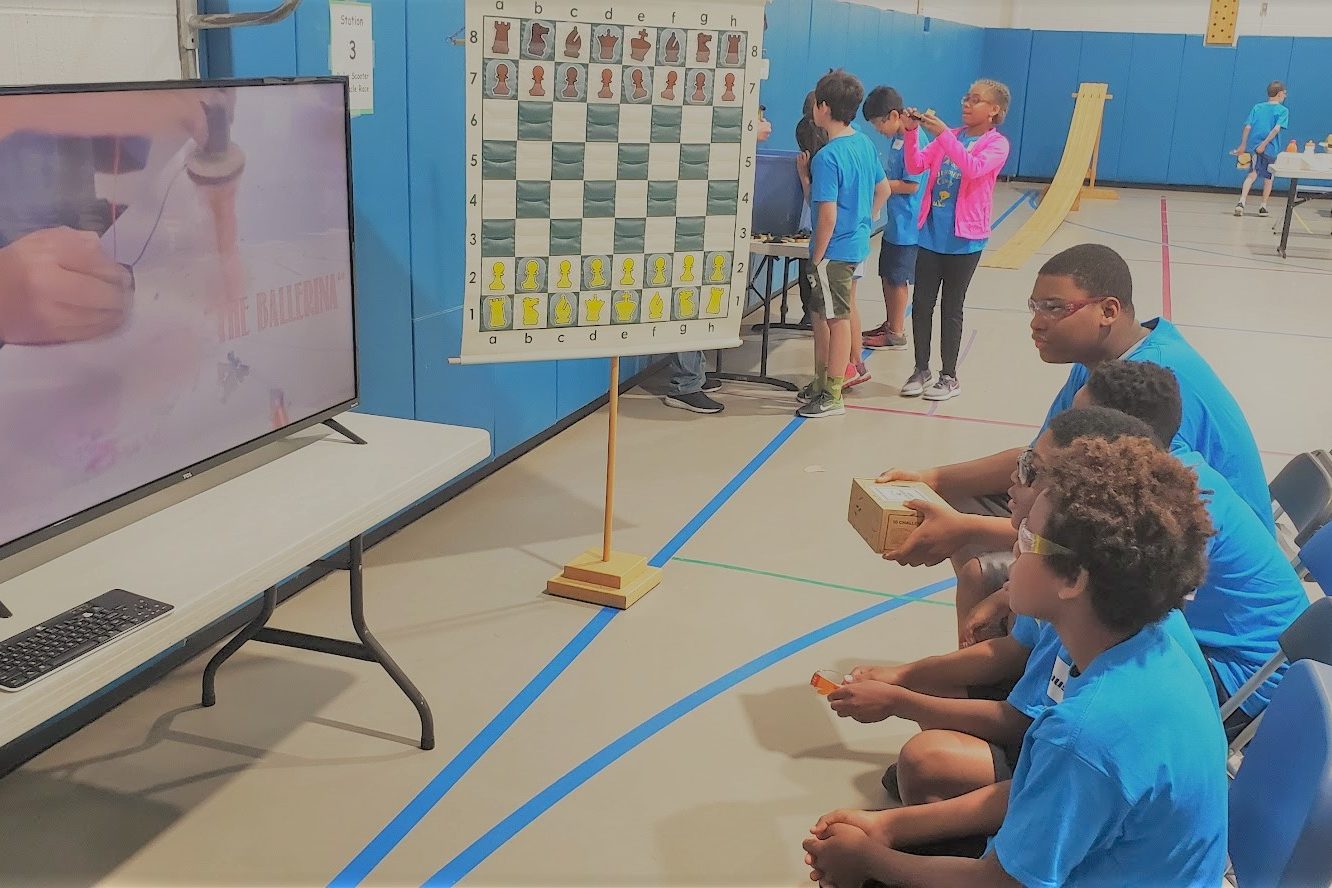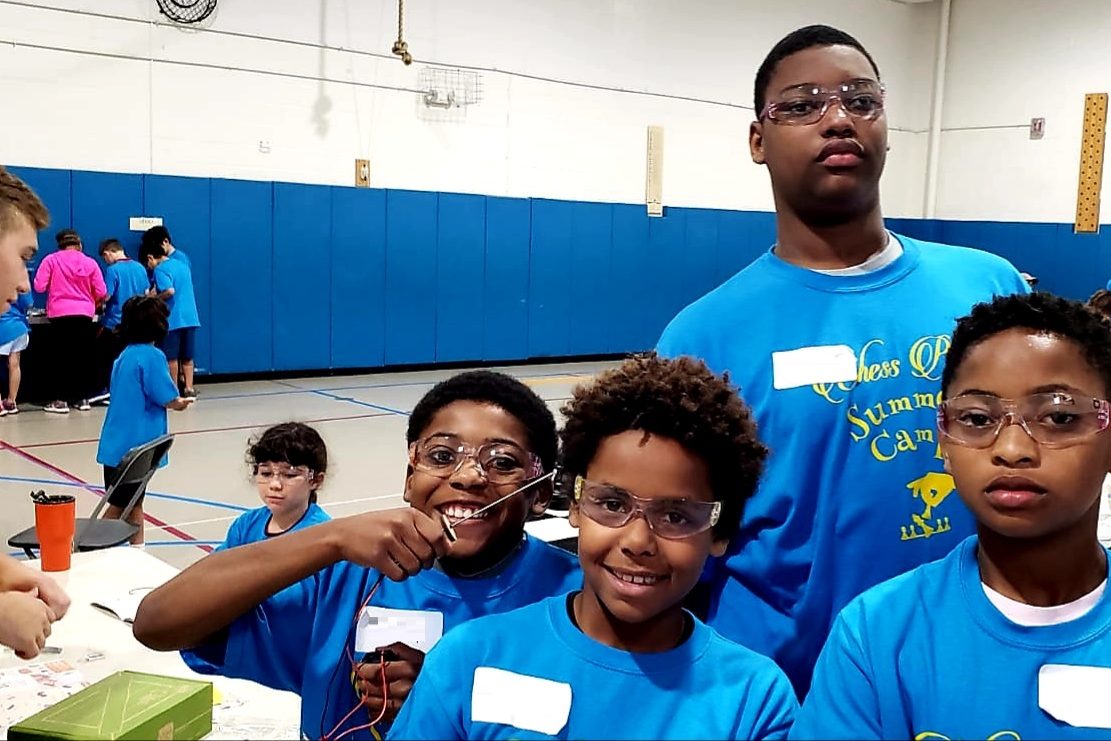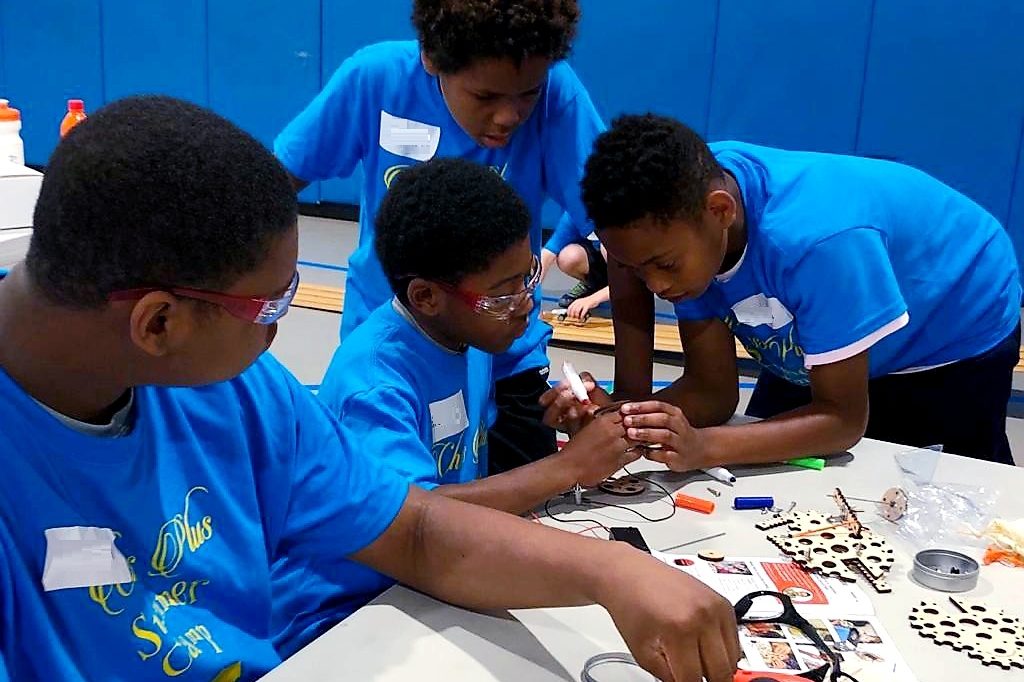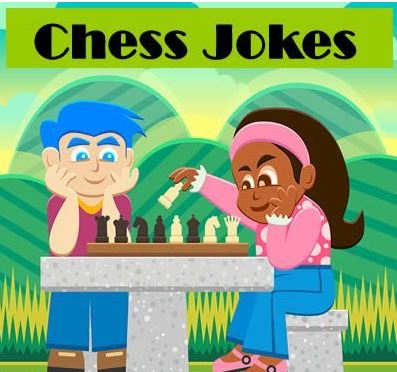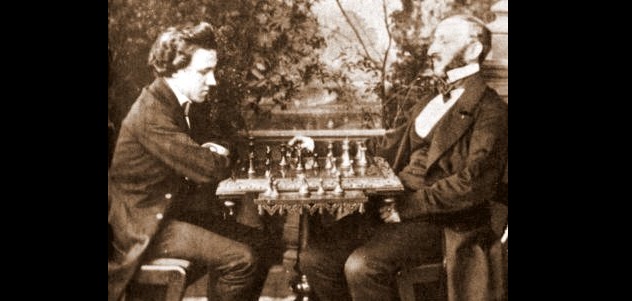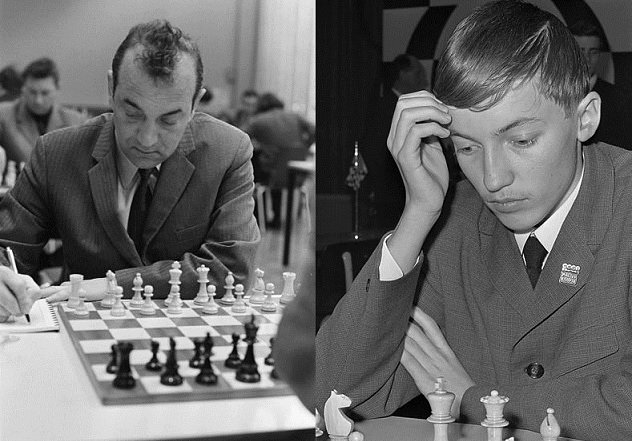This collection of chess jokes for kids, parents, teachers, and chess players is great any time of day or knight!
You’ll find jokes about kings, queens, castles, bishops, knights and pawns.
These jokes about chess are great for everyone, including those with just a basic understanding of the game. Plus they’re clean chess jokes that are safe for all ages.
Treat your aspiring chess masters to some funny chess jokes before you sit down for a game.
Chess Jokes for Kids
Q: What did the chess player say to the waitress?
A: Check, please.
Q: What did the judge do to the guilty chess player?
A: He threw the rook at him.
Q: Why was the chess piece so lonely?
A: It was an isolated pawn. (Isolated pawns do not have a pawn of the same color next to them)
Q: Why do chess pieces look so uninterested?
A: They’re part of a bored game.
A dog was playing chess with a man in the park. As the dog put the man’s king into checkmate, an onlooker said how amazing the dog was. “He’s not that amazing,” said the man. “I’m ahead four games to one!”
Q: How did the chess player make money during the match?
A: From a Discovered Check he found on the board.
Q: Why did the chess player bring a baseball bat to his game.
A: Just in case he needed a Squeeze play.
Q: Why did it take so long for the chess master to finish his dinner?
A: The table had a checkered tablecloth and it took forever to pass him the salt shaker.
Q: What looks like half a pawn?
A: The other half?
Q: Where did the chess player sleep?
A: In a KING size bed.
Q: Why did the board game fall off the breakfast bar?
A: Counter-attack
Q: Why couldn’t the chess player move his rook?
A: He couldn’t get over the moat.
Q. Which chess piece is the most powerful?
A. The Knight, It goes over the top.
Q: How did the king lose his home?
A: One of the horses took his castle.
Q: Why wouldn’t the cowboy play chess?
A: He was afraid he might lose his horse.
Q: Why did the chess player bring pencils and a sketch pad to the game?
A: In case there was a draw.
Q: Why did the chess master marry a Slovakian woman?
A: He wanted a Czechmate.
Q: How was winning the chess game so HARD?
A: It was a STALE-mate.
Q: Why did the lights go out during the chess tournament?
A: Too many Pawn Storms (A situation arising from opposite-side castling).
Q: What the most costly move in chess?
A: The Check.
Q: What’s the easiest way to move your castle?
A: Re-moat control.
Q: How did Darth Vader keep track of his chess game?
A: Using For-SYTH notation (it’s a method for recording positions)
Q: Where can you learn how to play chess?
A: Knight school.
Q: Which knight always gave up at chess?
A: Sir Render.
Q: What happened to the pawn after he beat the castle?
A: He got promoted.
Q: Why shouldn’t you use old bread as a chess piece?
A: Because it would be a stale mate.
Q: Where do the most powerful chess players live?
A: Queens (it’s in NY).
Q: What did the woman call her husband when they played chess together?
A: Her check mate.
Q: Why did the boy put his knight on top of the rook?
A: He was playing fort-knight.
Q: How didn’t the chess master near the buffet?
A: He was known for over-using his Royal Fork (knight simultaneously attacks the opponent’s king, queen and rook).
Q: When do chess players wear armor?
A: When they play knight games.
Q: Where does a chess player trade his pieces?
A: At a pawn shop.
Q: What do you give crazy chess playing as a snack?
A: Chessnuts.
Q: Why is it so easy to learn how to move chess pieces?
A: It’s all right there in black and white.
Q: Why didn’t the chess player offer a draw?
A: Because he wasn’t a good artist.
Q: What did the Australian chess player say to the waiter?
A: Check, mate!
Knock knock.
Who’s there?
Bishop.
Bishop who?
Bishop who just put you in check!
Q: Why did the chess player offer to draw?
A: Because he was a good artist.
Q: Why did the hockey player go to the chess tournament?
A: So he could check someone.
Q: Why did the chess master go to jail?
A: Too many bad checks.
Q: What type of board game do football players play?
A: Blitz Chess
Q: Why was the chess piece in so much trouble?
A: It was a Bad Bishop (a Bad Bishop is when it is blocked long-term by pawns)
Q: Why was the chess board so wet?
A: The queen has reigned for years.
Q: Why did the chess game seem so familiar?
A: It was a match.
Q: Why did the chess piece keep bumping into the queen?
A: It was a Backward Pawn.
Q: Why did the senior citizens have to dance half way through their match?
A: Because of the Fifty-move rule
Knock Knock.
Who’s there?
Queen.
Queen who?
Queen your room. It’s a mess!
Q: Why did the pirates raid the tournament?
A: The were looking for a treasure chess.
